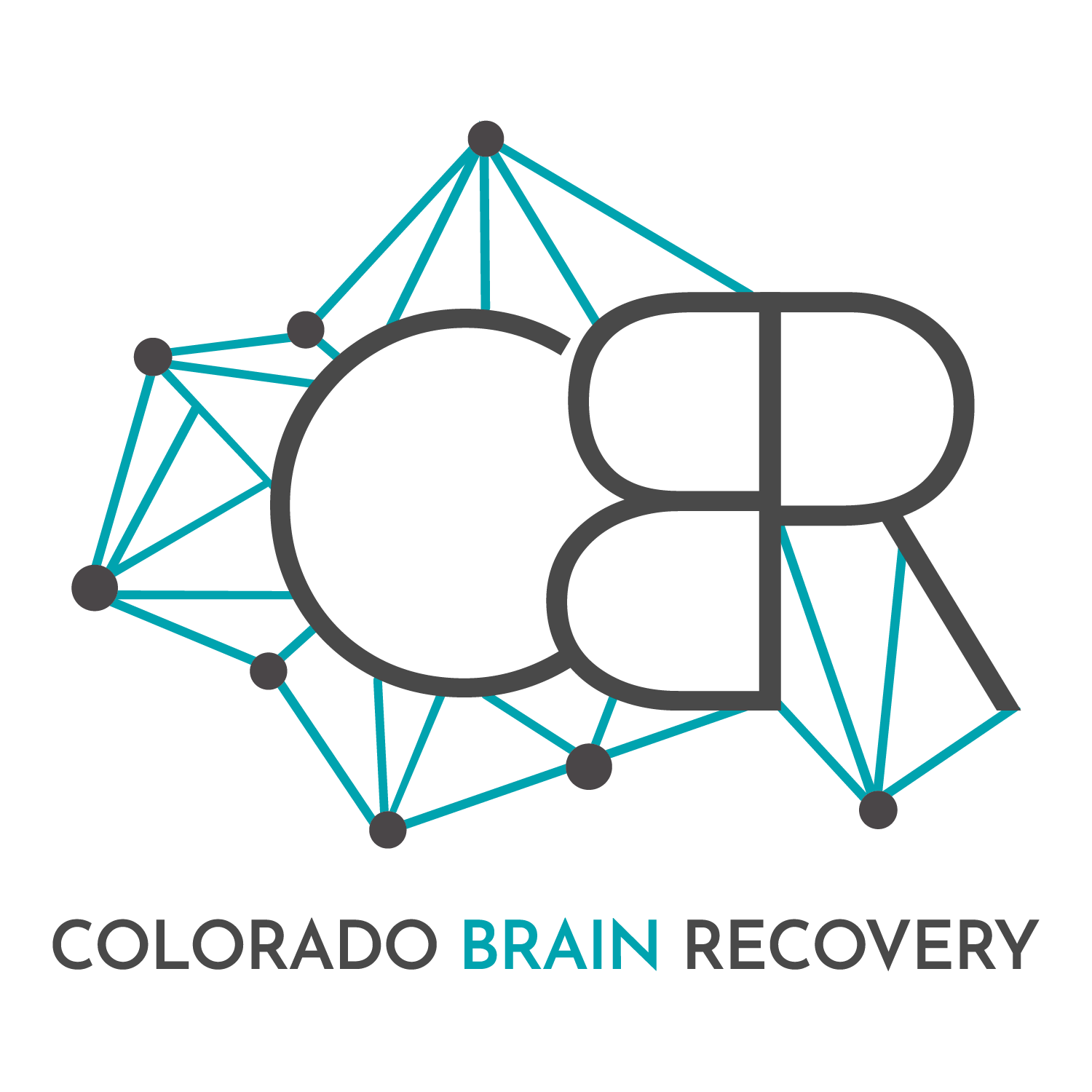Sports-Related Concussion
Sports-related concussion has been making headlines, as the frightening long-term effects of repeated concussions have become apparent through the stories of NFL players. Concussions occur in a variety of sports and among people of all ages. Once an athlete has sustained one concussion, he or she is at greater risk for another concussion. With each concussion, the likelihood of full recovery decreases. Recognizing concussion on the field and ensuring that athletes do not return to play too soon is essential. At the Keatley Clinic, we encourage athletes to complete pre-season baseline cognitive-linguistic testing. That way, in the event that the athlete sustains a concussion, we can compare post-injury test results to pre-injury performance. This is an additional way to measure the severity of the concussion and help monitor progress.
Initially, physical symptoms of concussion are typically the most obvious. The athlete may be off-balance, have a headache, feel drowsy, or nauseous. It is important to know that concussions can result in a variety of symptoms, including cognitive or emotional symptoms. These issues may impact school performance, home life, self-esteem, and relationships. Typically, the symptoms will resolve within a few weeks, but in some cases, they will persist over months or even years if untreated.
If you are having difficulties in any of the following areas following a sports-related concussion, we can help:
fatigue, particularly when trying to learn or do work
memory
word finding
reading comprehension
writing papers
math
learning new things
managing schoolwork
processing speed
distractibility
time management/organizational issues
filtering thoughts (i.e., I blurt things out, talk excessively)
focusing attention
understanding what people are saying
It is our goal to help student athletes heal as quickly as possible. We are highly skilled in treating cognitive and linguistic symptoms and can provide strategies to help them succeed in school. We are also happy to consult with school personnel, coaches, etc. to help them better understand cognitive-communication impairments associated with concussive injuries.
